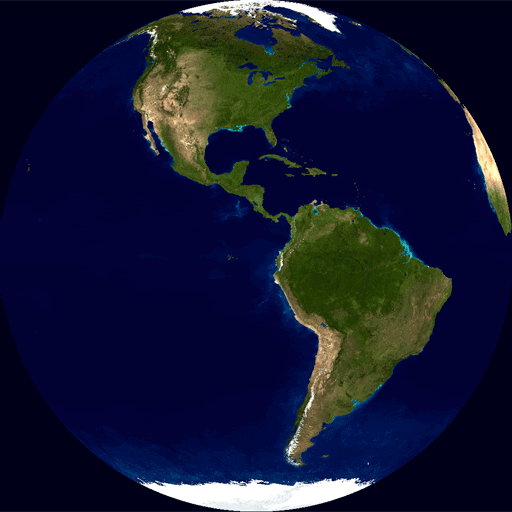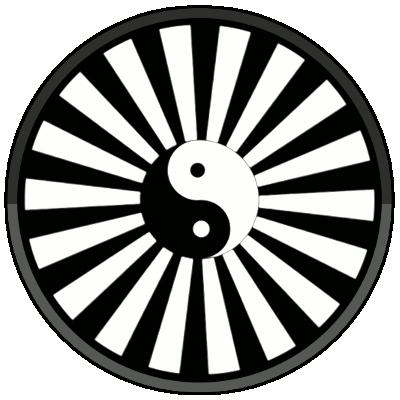What do you think?
Rate this book


458 pages, Mass Market Paperback
First published April 1, 2005



She [Jason's mom, a physician who is now an alcoholic, oh hey, did I mention she drinks? She drinks. She's always drinking!] looked genuinely frightened. "Is any of this true, Jason?"
"Most all of it," Jason said calmly.
"Are we really on the brink of disaster?"
"We've been on the brink of disaster since the stars went out."
"I mean about oil and all that. If the Spin hadn't happened, we'd all be starving?"
"People are starving. They're starving because we can't support seven billion people in North American-style prosperity without strip-mining the planet."

The day I left Perihelion the support staff summoned me into one of the now seldom-used boardrooms for a farewell party, where I was given the kind of gifts appropriate to yet another departure from a dwindling workforce : a miniature cactus in a terracotta pot, a coffee mug with my name on it, a pewter tie pin in the shape of a caduceus.So I’m not alone with my gripe here, even if I’m swimming against the tide. A lot of people found the Tyler-device to be stonking success – it helped non-sci-fi geeks to get a handle on this very human, very accessible story. I can see that – I can – but I’m not that reader. I am the sci-fi-geek, and I found it unnecessary and irritating. Far too much drivel amidst the gems for anything more than a three-star rating, and far too many gems amongst the drivel for anything less.
Yeah right so the world is about to end and there are millenial cults trashing the place which the woman he loves has married into one of them and his friend the genius has a grim disease and there's this stuff about a man from Mars but let's suspend all that and get the pot, the mug and the tiepin down, don't want to let that stuff go by unrecorded. Yeah they're little human touches amongst the catastrophes but let me tell you, Robert Charles Wilson, the pot, the mug and the tiepin are boring and if I may say so, so is your protagonist, a guy you'd rather jab needles into your sinuses than share a railway journey with, Doctor Humourless Dullard should be his name, not Tyler Dupree, which sounds like a guy who made two blues records for Paramount in 1928, but anyway, I'm straying from the point - what was the point?